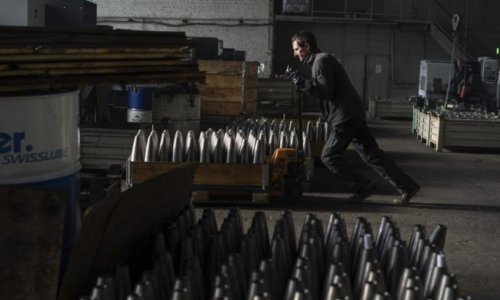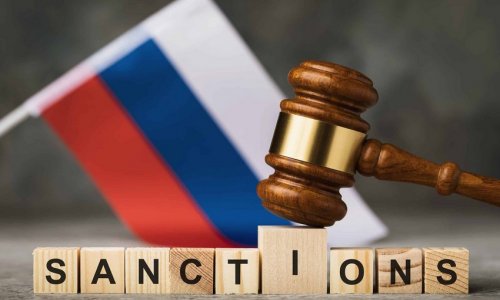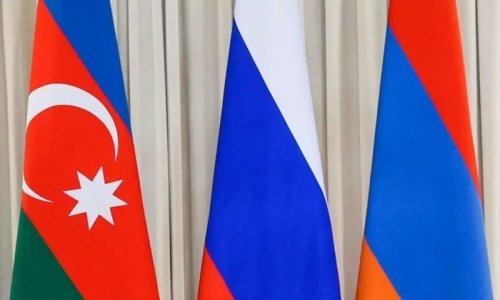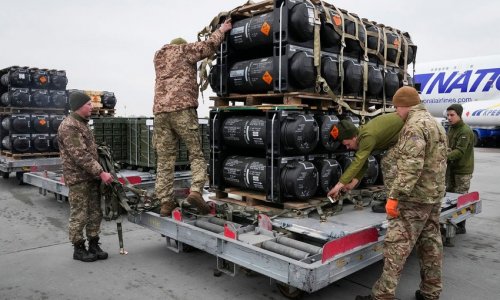Happily, my book is more nuanced. I reflect on the many positive aspects of the Nordic societies: their gender and economic equality, high levels of trust, social cohesion, life-work balance and so on. That said, it is still one man's view: an impressionistic, opinionated travelogue rather than a definitive academic text, just as the article was a corrective opinion piece, not a news story.In fact, nearly all the negative views in the piece originated with the many local experts I interviewed during my years of research: the leading anthropologists, ethnologists, economists, politicians, academics and journalists. I make little claim to originality in describing Sweden as quasi-totalitarian, Norway as insular, Finland as taboo-ridden, or the Danes as jingoistic greenwashers.It was interesting to observe the different reactions to my piece. The Finns were pretty cool; the Swedes, pedantic but resigned; the Danes did get a little fighty; the Icelanders were irritated not to have been given more attention; but the Norwegians, boy, they were not happy.Some mistook this for a UK v Scandinavia piece. Not at all. I live in Denmark and, for the moment, I would not want to live anywhere else. As long, that is, as they let me stay.DENMARK It was quite a funny article. I'm sure it's well researched and I recognise it's tongue in cheek, but I think the Brits themselves have created this image of the perfect Scandi wonderland – where we have the perfect model for the perfect society. It's true we take care of our young and old and education is free; anyone can be a doctor with good grades. But we pay 68% tax for that welfare. The difference is our culture: put it to a referendum and the Danes would always vote for the system we have versus, say, the US one.There are nuances in British culture that don't resonate here either. A recent survey of Brits saw 67% admit that it's still very much not what you know, but who you know. Class matters a lot in Britain; Denmark is a more homogenous society: we're a little people and, yes, we do love an awful lot of crime drama (including Inspector Morse and Midsomer Murders), but we stick together. Sunday night TV crime dramas are a national event; there is a greater sense of community. Sure, we Danes are very happy when it comes to answering happiness surveys – and why shouldn't we be? We take an awful lot of antidepressants! It's a funny statistic when you put the two things together but shows we're a privileged nation with ups, downs and struggles.FINLAND We Finns have a great sense of humour and Michael Booth's piece was a good laugh. It's always good to look at yourself in the mirror and for an outsider to reflect on that image. But the truth is that Finland has emerged as a top three country in the past 20 years and much of it has been because of the EU and the end of the cold war. Once, people would have taken Booth's criticism seriously; now we can brush it off like dandruff because if you look at international measures – from the OECD, the World Economic Forum, the UN – we dominated the top spot in education for half a decade for many years; we are number three in competitiveness, in the top 10 for happiness, and one of the world's least corrupt states at number ones in the world.It is difficult to take the author's criticisms seriously, bearing in mind that he comes from a country still reliant on a Victorian plumbing system. At least in Denmark, Booth can take a warm shower whenever he wants.As for calling us the drunks of Europe? I've been out in the UK on a Friday night: our drinking habits seem very British, if anything. Our landscape "samey"? We have the beautiful archipelago of 20,000 islands; the Lake District with more than 100,000 lakes; and Lapland. You can't not fall in love with it.There is nothing fake about the average Finn: what you see is what you get. We may not be big talkers, but if a Finn likes you he will eventually open up. And we joke about it ourselves. How do you tell the difference between a Finnish introvert and a Finnish extrovert? One looks at his own feet when he's talking to you, the other will looks at yours.The bottom line is that these are hilarious stereotypes and, as with all stereotypes, there's an element of truth. But we Scandinavians can take the mick out of ourselves just fine.ICELAND The article fitted so neatly into a very British tradition of slightly ethnocentric, but awfully shallow journalistic entertainment literature. On all lists measuring quality of life, the Nordics tower over the UK. Booth's brutal dismissal of my home country in a couple of paragraphs plays to our innermost fears. Our most excruciating agony is of not being noticed in the world. Iceland's postcolonial national identity was carved out in the more than 100-year-long independence struggle against the Danes. We were only able to part with them in 1944 when they were still under Nazi rule and the British Navy landed on our shores in the second world war. This particular Icelandic national identity has dual insistence: of being independent but also recognised by others as an equal partner in western culture. This often creates tension in our foreign relations, such as repeated disputes with the UK over cod and more recently banking.Iceland's eternal post-colonial project, which all Icelanders are entrusted with, is guarding our sovereignty. We are a nation under constant threat of vanishing from the face of the earth. The British project, by contrast, probably won't be over until your children today reach retirement age – when the Chinese empire has completely swallowed and digested you.But here is the real secret. Iceland isn't really Nordic. Just look at the map. We are an Atlantic state. We might have similar societal fabric to our Nordic cousins, but culturally we are spot-on British. Even our pitch-black and desert-dry Icelandic humour is horribly non-Nordic.NORWAY Michael Booth's account doesn't capture the overall sociocultural and political climate in this country. There have been reversals with the newly elected rightwing government. These include reducing the father's share of parental leave and steps to undermine abortion law, as well as tax cuts for the rich, measures making life tougher for small-scale farmers, and an expansion of private schools. In the global economy, it is almost impossible to maintain fully social democratic policies, but this government is launching deliberate attacks on collective and sustainable solutions. However, many Norwegians are fighting back and provoking lively debate.None of these contemporary challenges to Norwegian society, or the resistance to them, is mentioned in Booth's random summary of shifts in policy. Yet these are the issues that could genuinely influence whether the country remains a good place to live, and discussing them would be more interesting than the narrow perspective he provides.SWEDEN The Nordic model has long served as a rhetorical batting ball in other countries. One moment held up as utopia; the next unmasked as a totalitarian hell. The founding father of the latter trope was Eisenhower, who declared that Sweden followed "socialist philosophy and whose rate of suicide has gone up almost unbelievably. Drunkeness has gone up. Lack of ambition is discernible on all sides." Michael Booth's lament sits firmly within this narrative.There is no "totalitarian" conspiracy to sever bonds between family members, as Booth argued. But modern Sweden is infused by a moral logic that seeks to balance the deep existential desire for individual freedom and social cohesion. It has been promoted through the democratic state via laws and policies that have freed individuals from unequal and patriarchal forms of community, including the traditional family, charities, and the churches. We are talking free choice, not coercion.This social compact is not everyone's cup of tea. If one harbours deep suspicion of the state, prefers traditional gender roles and dislikes children's rights, then Sweden is indeed a place to avoid. But make no mistake: while Swedes may look extreme in their embrace of individual autonomy, the general trend is the same all over the world.More troubling is the enduring commitment to a national welfare state that is de facto limited to citizens and legal residents. In an age of migration and globalisation this brings to the fore a potent conflict between rights of citizens and human rights. It constitutes a deep challenge to democracy as we know it. And Swedes are currently no more successful in handling this than anyone else.(theguardian.com)ANN.Az
'The grim truth behind the Scandinavian miracle'
World
20:29 | 06.02.2014
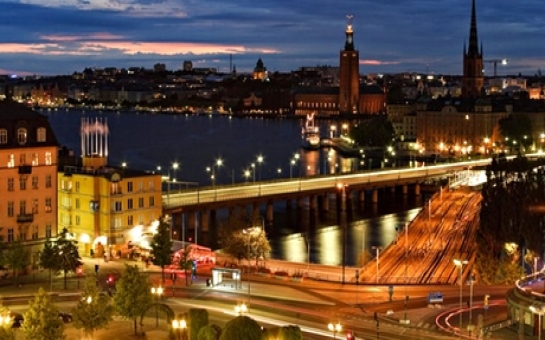
'The grim truth behind the Scandinavian miracle'
In trying to make myself heard above the clamour of pro-Nordic propaganda in the British (indeed, global) media, and shake a few people out of their decade-long Scandi-trances, I hereby plead guilty to a selective, provocative slant on the region. Everything in my recent piece Dark lands: the grim truth behind the "Scandinavian miracle" was true, and backed up by the Organisation for Economic Co-operation and Development, the International Monetary Fund and the UN, but it was perhaps a different truth from the one many are used to hearing.
Follow us !

